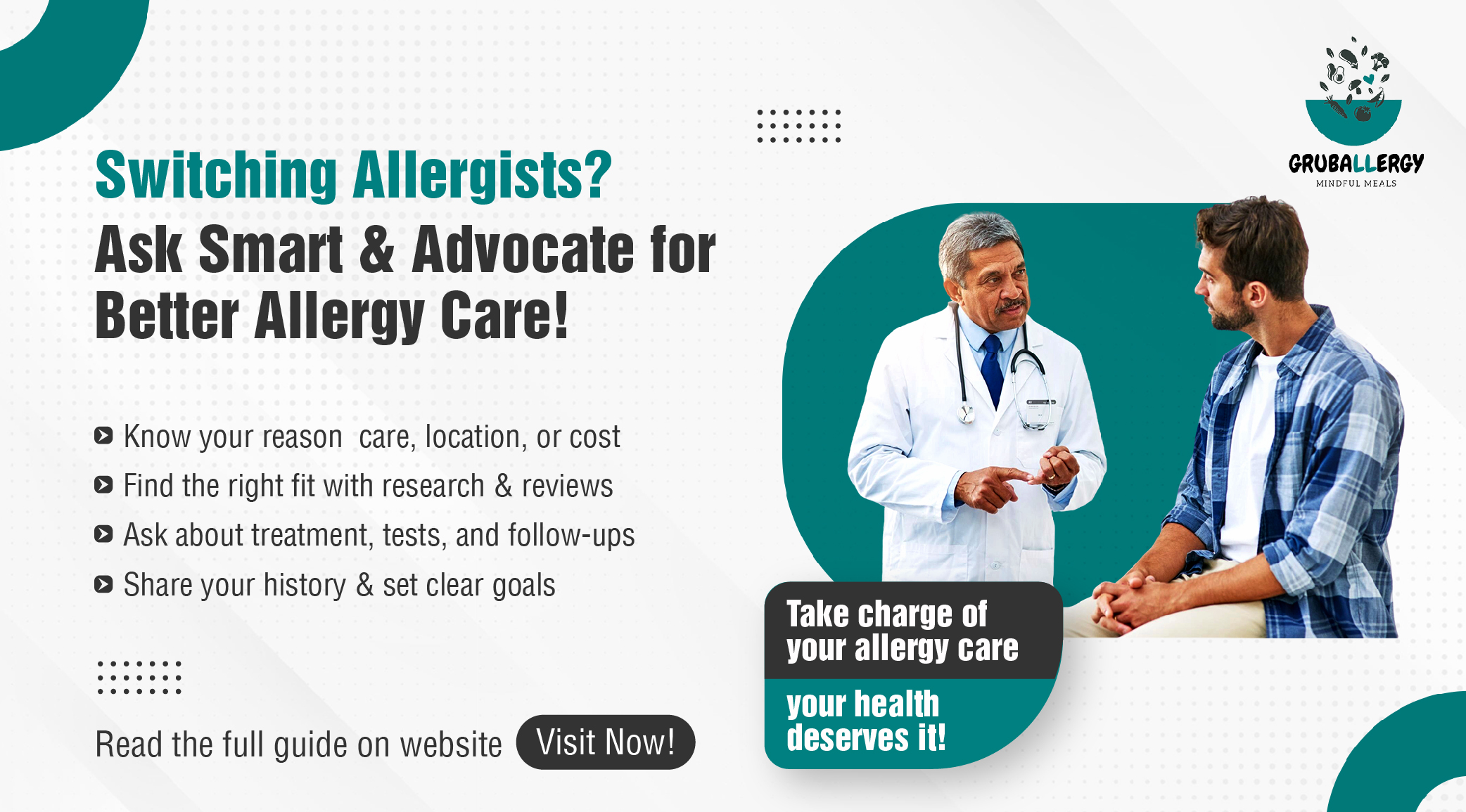Introduction:
Food allergies can be a significant concern for parents and educators, especially when children spend a significant portion of their day at school. As the prevalence of food allergies continues to rise, it is crucial for schools to have comprehensive strategies in place to ensure the safety and well-being of allergic students. In this blog, we will provide a comprehensive guide for parents and educators on managing food allergies at school, from identification to prevention and emergency preparedness.
Identifying Food Allergies:
The first step in managing food allergies at school is to identify students with allergies. Parents and guardians must communicate their child’s allergies to the school authorities, including the school nurse and teachers. Educators should also be aware of common allergy symptoms, such as hives, difficulty breathing, or gastrointestinal distress, and be vigilant in case of an allergic reaction.
Developing an Individualized Health Plan (IHP):
Collaboration between parents, healthcare professionals, and school staff is essential in creating an Individualized Health Plan (IHP) for each allergic student. The IHP should outline the specific allergens, emergency contact information, a list of symptoms to watch for, and the necessary steps to take in case of an allergic reaction.
Allergen-Free Zones and Cafeteria:
Designate allergen-free zones in the school, such as classrooms or tables in the cafeteria, where allergic students can safely eat and interact without the risk of exposure. The cafeteria staff should be trained to handle food allergies, and it’s crucial to establish proper cleaning procedures to prevent cross-contamination.
Educating Students and Staff:
Raise awareness about food allergies among students and staff to promote a safe and inclusive environment. Conduct educational sessions to help students understand the seriousness of food allergies and how to support their allergic peers. Educators and school staff should also receive training on recognizing allergic reactions and administering epinephrine, if necessary.
Reading Labels and Food Sharing:
Encourage students not to share food, as it can lead to inadvertent exposure to allergens. Teach them to read food labels carefully and to ask for ingredient information if unsure. Parents can pack allergy-friendly snacks for their children and provide a list of safe snacks for the teachers to have on hand.
Field Trips and Special Events:
When planning field trips and special events, consider the allergies of the students attending. Choose venues and activities that are safe for all students or make necessary accommodations to ensure everyone’s participation.
Emergency Preparedness:
Develop an emergency action plan that outlines the steps to take in case of an allergic reaction. Regularly conduct allergy drills to practice emergency procedures.
Conclusion:
Managing food allergies at school requires a collaborative effort from parents, educators, school staff, and students. By implementing a comprehensive plan that includes identification, prevention, education, and emergency preparedness, schools can create a safe and supportive environment for all students, including those with food allergies. With proper management and awareness, schools can foster inclusivity and ensure the well-being of their allergic students.












